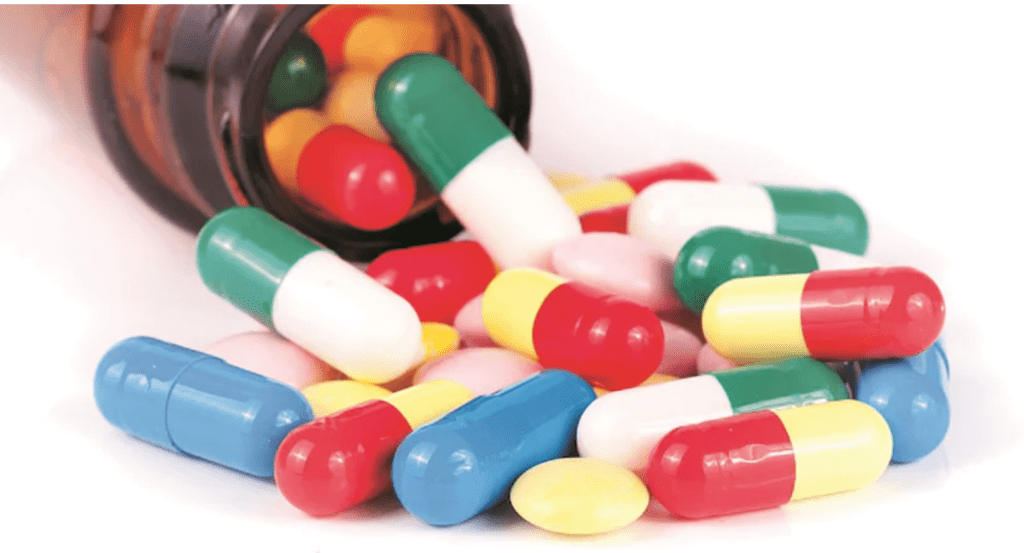A recent BBC investigation has exposed an Indian pharmaceutical company, Aveo Pharmaceuticals, for allegedly fueling West Africa’s opioid crisis through the illegal export of Tramadol. The report reveals that the firm has been smuggling high-dose opioids into Nigeria and other West African countries, contributing to a growing public health crisis, particularly among the youth.
According to the investigation, Aveo Pharmaceuticals bypassed regulatory controls by mislabeling shipments and using illegal distribution networks to flood West African markets with opioids. The drug, widely abused in Nigeria, has been linked to rising addiction rates, mental health disorders, and organized crime. Experts warn that the widespread availability of illicit Tramadol is worsening the region’s drug epidemic.
In response to the exposé, Nigeria’s National Agency for Food and Drug Administration and Control (NAFDAC) and the National Drug Law Enforcement Agency (NDLEA) have vowed to intensify crackdowns on opioid trafficking. NAFDAC described the findings as “deeply concerning” and pledged stricter import regulations, while NDLEA reaffirmed its commitment to dismantling smuggling networks.
The Indian government has also taken action, with the Food and Drug Administration (FDA) issuing a showcause notice to Aveo Pharmaceuticals, demanding an explanation for its unauthorized exports. Indian authorities have promised to strengthen oversight on pharmaceutical exports to prevent further illicit distribution.
The opioid crisis in Nigeria continues to escalate, with thousands of youths falling victim to addiction. Health experts call for increased public awareness, rehabilitation programs, and stronger cross-border collaboration to curb the illicit trade. While the BBC investigation has shed light on the source of the crisis, effective enforcement and policy changes will be crucial in tackling the epidemic at its root.




















